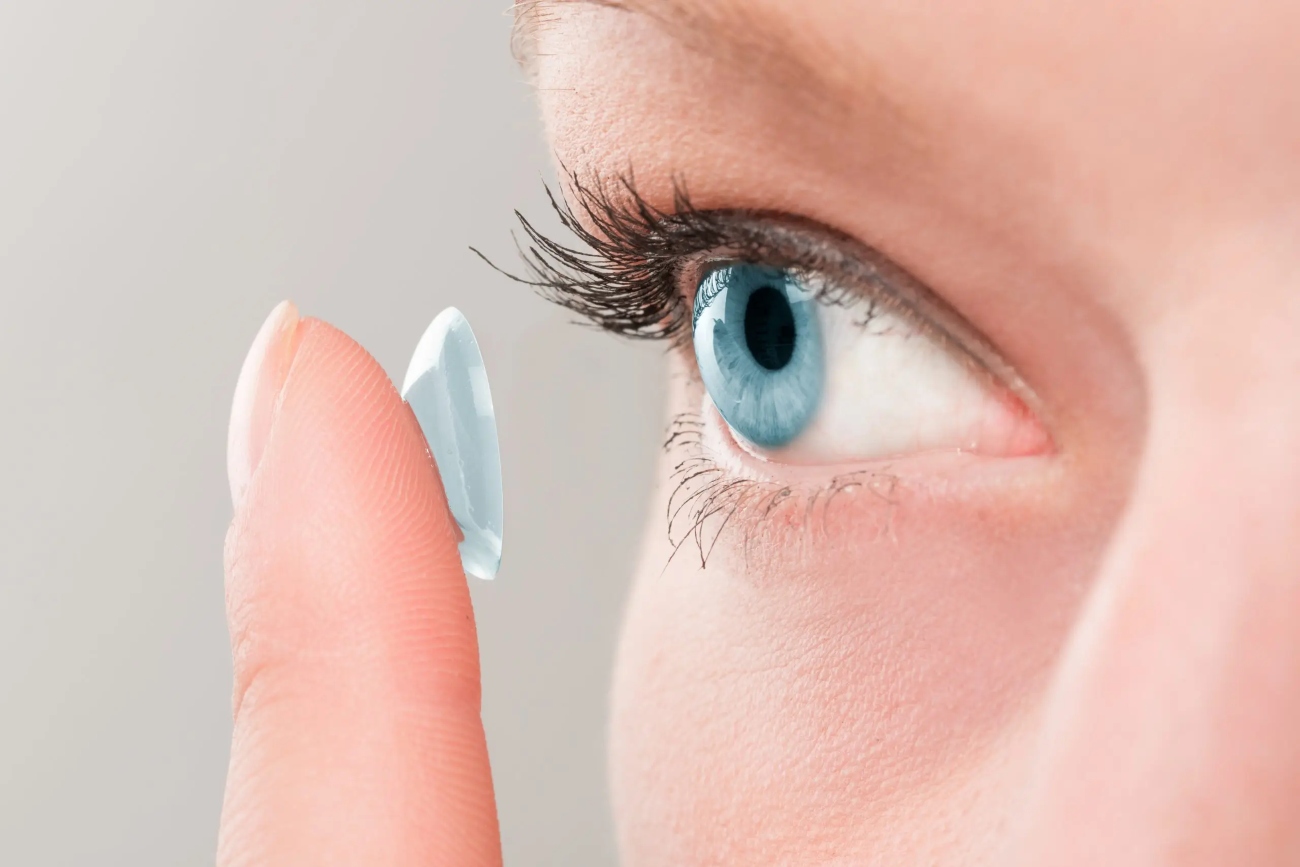Soft contact lenses, commonly used by over 45 million Americans, have been found to contain toxic per- and polyfluoroalkyl substances (PFAS)
Study Findings
According to a recent study conducted by Mamavation and Environmental Health News, scientists tested 18 sets of American soft contact lenses, including popular brands such as Acuvue, Alcon, and CooperVision.
They discovered indications of PFAS, pollutants that persist in the environment for years without breaking down naturally. The presence of organic fluorine, a marker for PFAS, was detected in all the contact lens products that underwent testing. 44% of the contact lenses contained more than 4,000 parts per million of organic fluorine.
All the tested contact lenses exceeded 100 parts per million (ppm) of organic fluorine, which is approximately 50,000 times higher than the highest safe level for drinking water set by the Environmental Protection Agency (EPA).
Health Risks of PFAS Exposure
Exposure to PFAS can have severe health implications.
Mamavation warns that PFAS exposure could lead to lowered immunity, increased cholesterol levels, metabolic diseases such as obesity and diabetes, cardiovascular disease, reduced fertility in both men and women, an increased risk of kidney and testicular cancers, and other side effects.
Mamavation, an eco-wellness product investigation community, emphasizes minimizing PFAS exposure from various sources, including food, water, and personal care products such as contact lenses.
Expert Opinions
Linda S. Birnbaum, Former Director of the National Institute of Environmental Health Sciences and National Toxicology Program, expresses concern over organic fluorine in contact lenses, mainly because the eyes are highly sensitive.
She emphasizes a lack of safety studies does not equate to “safety” and calls for comprehensive research on the safety of contact lens products.
Pete Myers, Chief Scientist of Environmental Health Sciences, highlights the alarming findings by comparing the levels of organic fluorine in contact lenses to the safe thresholds set by the EPA for drinking water. The contact lenses tested far exceed these safe levels, raising concerns about potential risks associated with wearing them.
Holistic optometrist Dr. Marc Grossman offers a contrasting view. He claims that based on his 43 years of practice people who wear contact lenses do not appear to be more affected by eye diseases compared to those who do not.
He also points out that the studies do not provide clear information about which contact lenses contain fewer chemicals than others, as different manufacturers utilize different materials.
Get the news you need at It’s On News.


